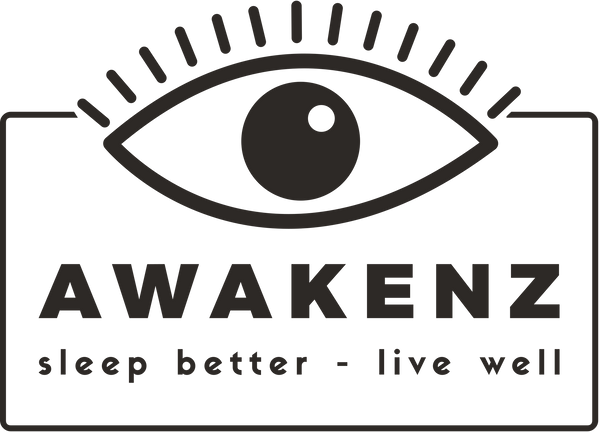
CPAP Vs APAP In NZ: What’s The Difference And Which Is Right For You?
Share
CPAP Vs APAP
What’s The Difference And Which Is Right For You?
If you snore, wake up tired, or your partner has noticed pauses in your breathing, you might be wondering what a CPAP or an APAP machine could do for you. This guide breaks down the key differences in plain Kiwi English, so you can choose with confidence. You will learn how each machine works, who it suits, what it costs, and the best first steps to take in New Zealand.
Quick recap, what a CPAP actually does
A continuous positive airway pressure machine delivers a steady stream of air through a mask while you sleep. That gentle airflow acts like a splint to keep your airway open. When the airway stays open, snoring drops,
breathing becomes regular, and your sleep is deeper. Many people feel more alert within a few nights. If you are after more detail or want to browse options, see our range of the continuous positive airway pressure
machine.
CPAP vs APAP, the simple difference
CPAP stands for Continuous Positive Airway Pressure. It uses one fixed pressure all night. Your clinician sets that pressure based on your sleep test and trial results.
APAP stands for Automatic Positive Airway Pressure. It automatically adjusts within a set range as your needs change through the night. If your airway narrows, the machine increases pressure. If you are sleeping quietly, it eases pressure back down.
Think of CPAP as cruise control at a set speed, and APAP as an adaptive cruise that speeds up or slows down to match the conditions.
Is APAP better than CPAP?
It depends on you. APAP can feel more comfortable because the pressure is lower when you do not need much support. It can also handle night to night changes, like when you sleep on your back, drink alcohol, have a
cold, or hit REM sleep. Many Kiwis love the comfort and the data features on modern APAP models.
CPAP still wins for simplicity. A single pressure can be very effective and is easy to troubleshoot. Some people prefer the consistent feel. With a good mask fit and humidification, CPAP can be just as comfortable and just as
effective.
The best way to know is to test both settings during a supervised trial. Most current machines in NZ are auto-capable, so you can start in APAP mode and, if needed, switch to fixed CPAP after you find the correct pressure.
Who should avoid APAP or use it with care?
APAP is not ideal for everyone. You may need fixed CPAP, or a different therapy if you have:
1 - Significant central sleep apnoea that is not primarily obstructive
2 - Severe COPD or certain heart conditions where tight pressure control is needed
3 - Nighttime hypoventilation or neuromuscular conditions where a bilevel positive airway pressure machine is more appropriate
4 - Complex sleep apnoea that emerges during treatment
If you are unsure, start with a home sleep test and talk with a sleep expert. Your results will guide the safest choice.
Are APAP machines more expensive than CPAP machines?
Often, yes, but not always. Many devices sold in New Zealand are auto-capable at similar prices to fixed models. If there is a difference, APAP can be slightly higher due to the extra algorithms. Your total cost is usually
driven more by the mask you choose, the warranty, and the included support. You can also spread payments with Afterpay, and we can help with Southern Cross claims where applicable.
If you want to try before you buy, our CPAP hire is $5 per day or $35 per week with a two-week minimum. That includes expert setup and support. A short trial shows you what pressure feels best and which mask suits your face.
How to choose the right option for you
1. Start with evidence
Book a home sleep test. It is quick, done in your own bed, and comes with a consult to explain your results. Your AHI, oxygen drops, and snoring pattern will point to the right pressure strategy.
2. Trial the therapy at home
Do a two week CPAP hire at $5 per day or $35 per week. We will help you try APAP mode first, then check your comfort and data. If a fixed pressure looks better, we will set that and compare nights. This takes the
guesswork out.
3. Pick a comfortable mask
Comfort is king. A well fitted mask matters more than the mode. We will help you choose a nasal pillow, a nasal mask, or a full-face option that seals well without pinching.
4. Consider your sleep habits
If your sleep varies a lot, APAP can adapt. If you want simple and steady, CPAP is great. If you have lung or heart issues, we will confirm the safest mode with your clinician.
